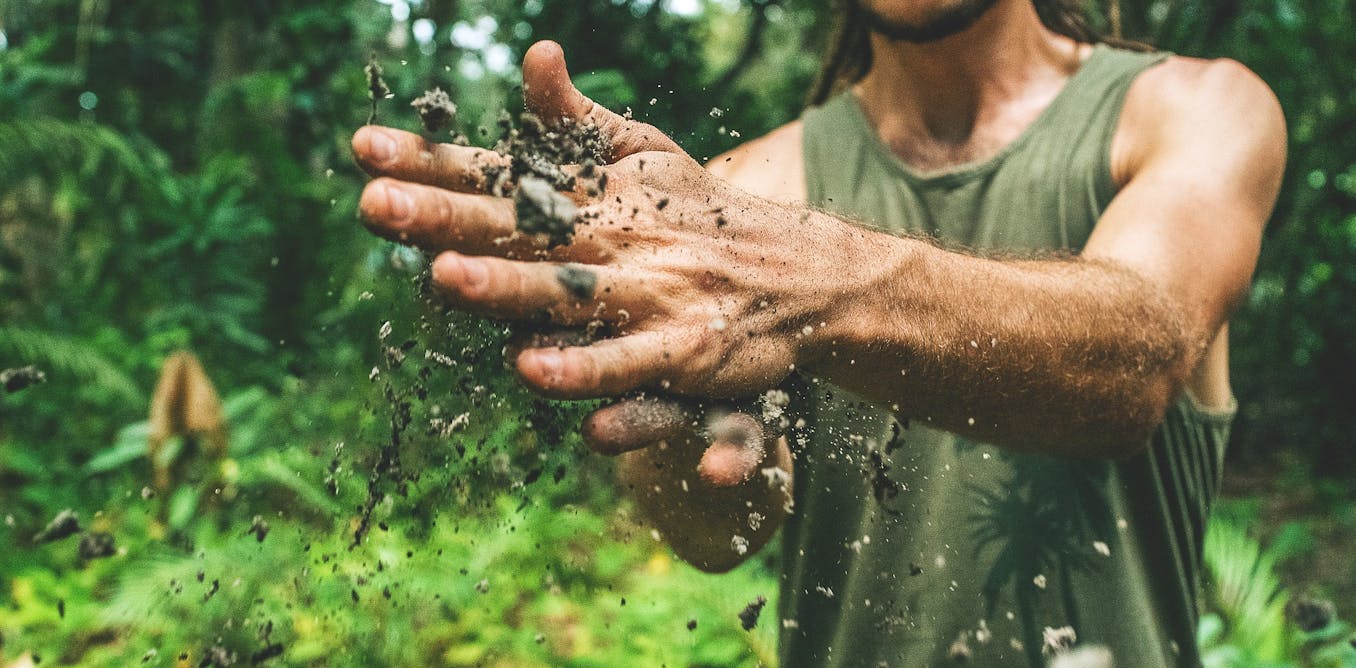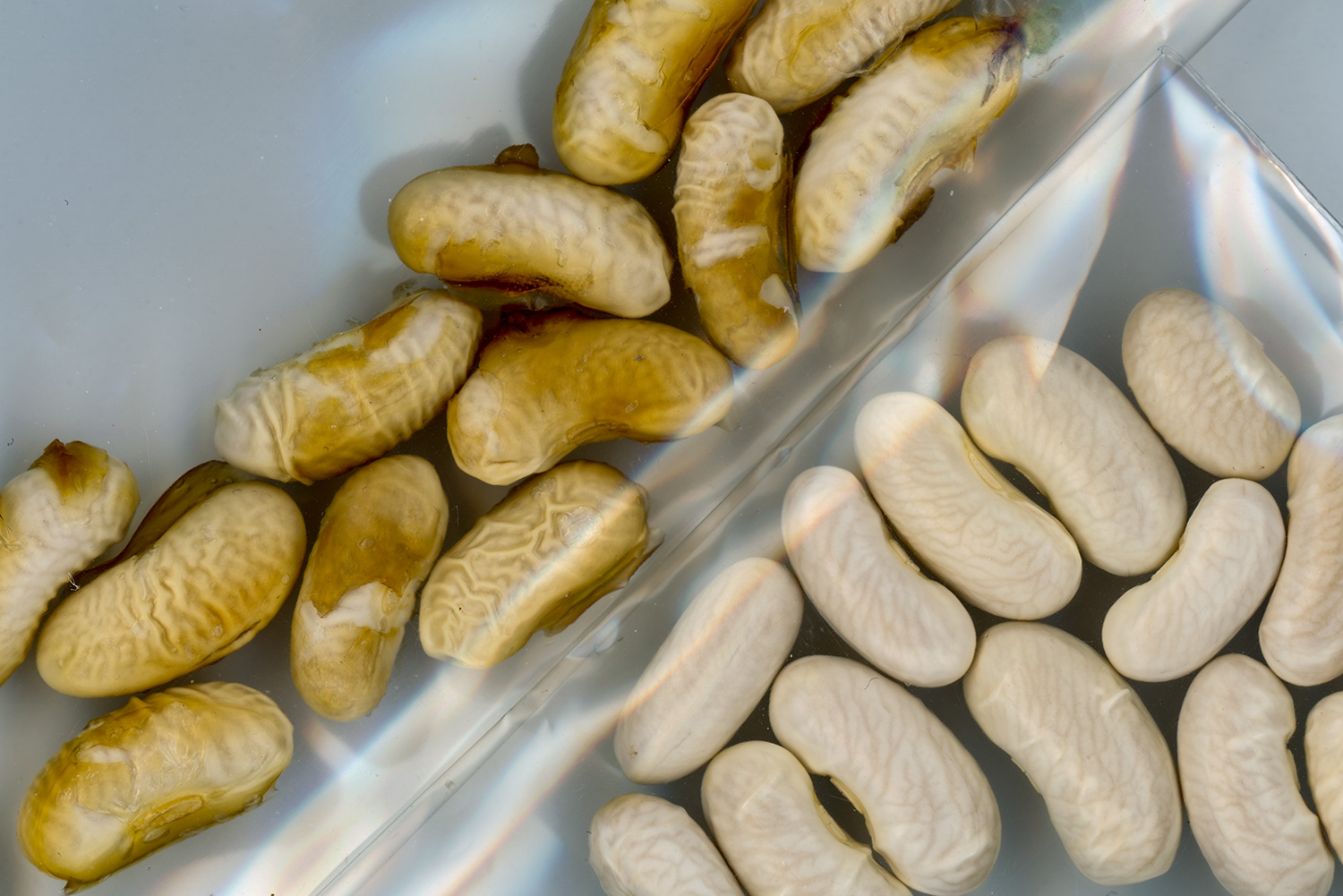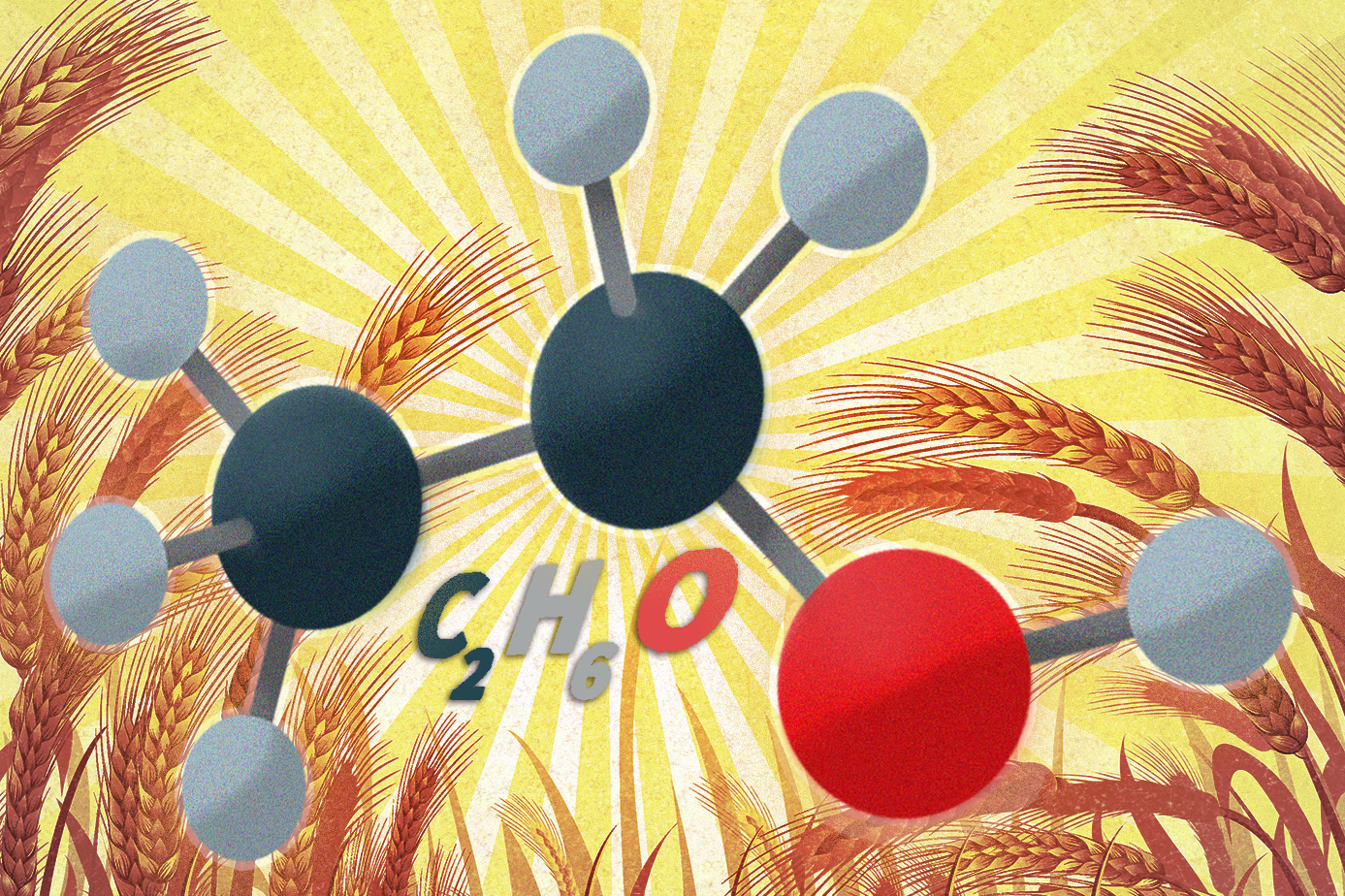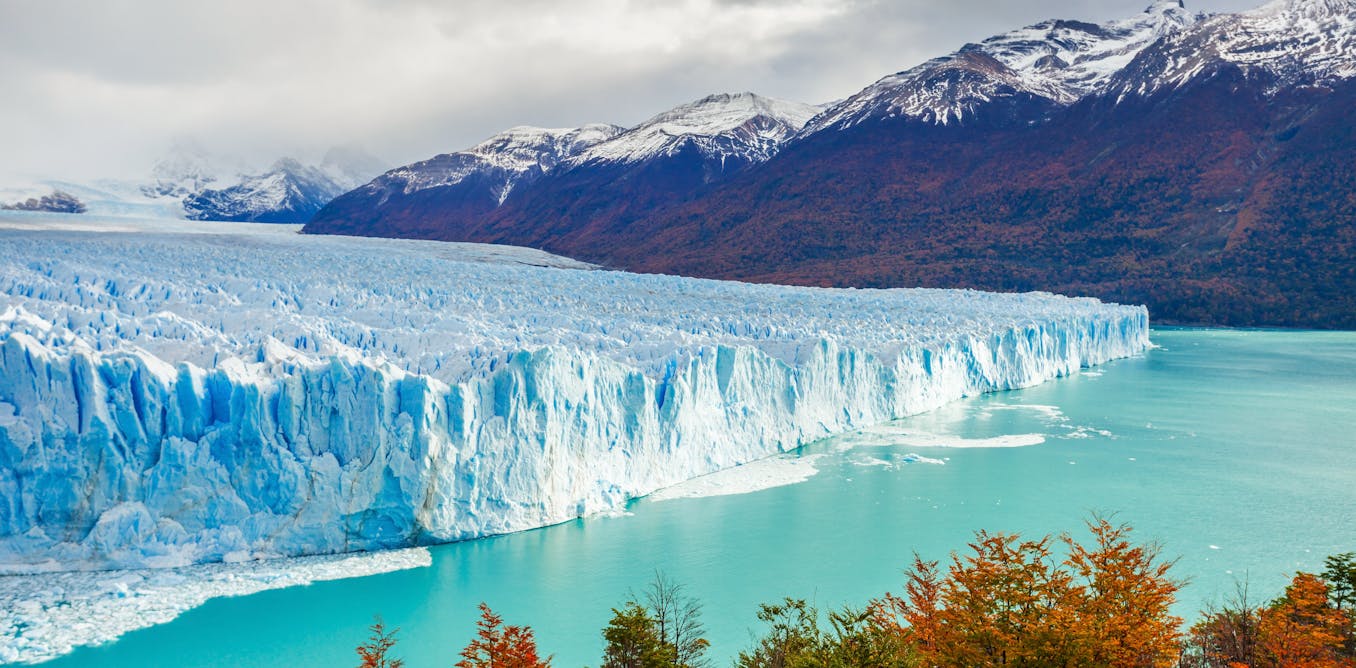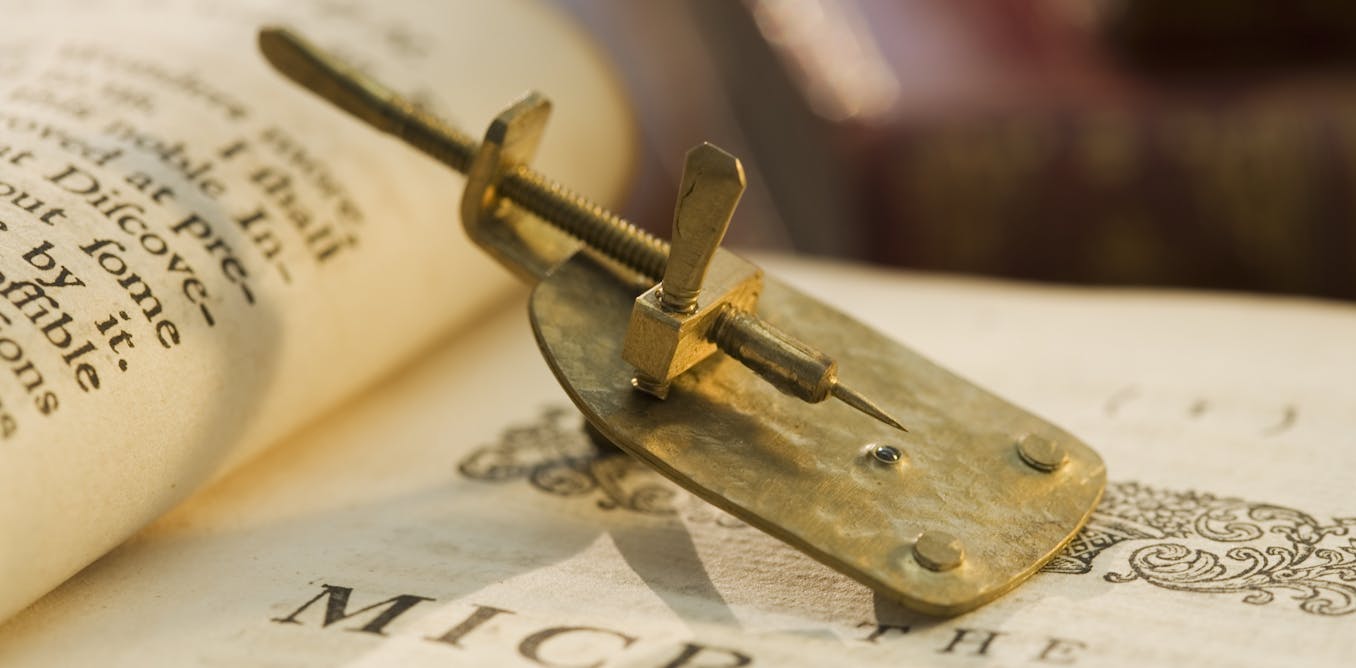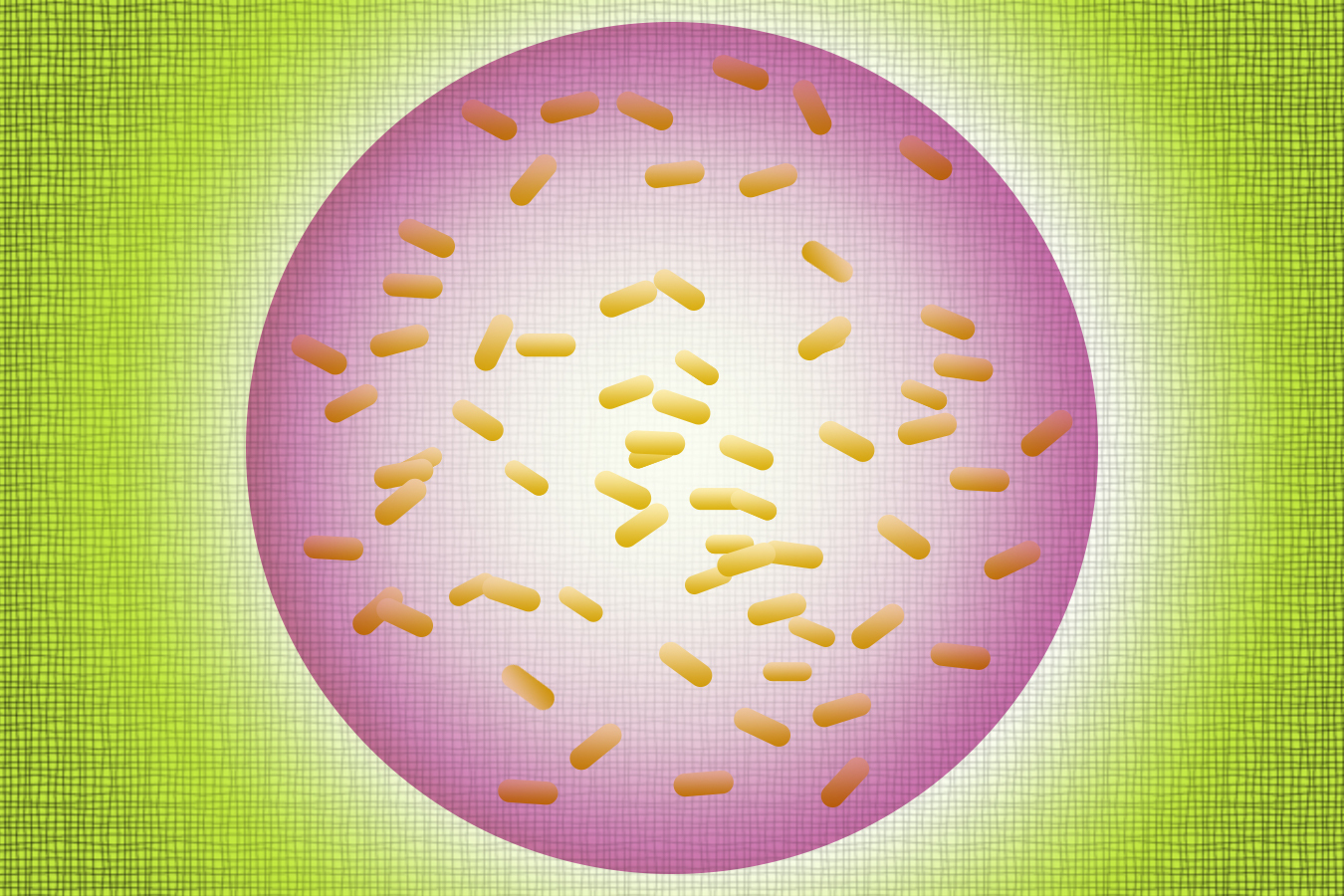Bacteria can recover precious metals from electric vehicle batteries – here's how
With an average shelf life of nine years, the coming tsunami of waste EV batteries needs action now.
Sebastien Farnaud, Professor of Bio-innovation and Enterprise, Coventry University •
conversation
June 17, 2021 • ~6 min
June 17, 2021 • ~6 min
Are graphene-coated face masks a COVID-19 miracle – or another health risk?
Some face masks now come with a coating of graphene, a substance that can kill microbes. Is it safe to breathe it in?
C. Michael White, Distinguished Professor and Head of the Department of Pharmacy Practice, University of Connecticut
• conversation
May 4, 2021 • ~7 min
May 4, 2021 • ~7 min
The 17th-century cloth merchant who discovered the vast realm of tiny microbes – an appreciation of Antonie van Leeuwenhoek
Leeuwenhoek, who discovered bacteria, is one of the most important figures in the history of medicine, laying the groundwork for today's understanding of infectious disease.
Richard Gunderman, Chancellor's Professor of Medicine, Liberal Arts, and Philanthropy, Indiana University •
conversation
April 6, 2021 • ~7 min
April 6, 2021 • ~7 min
/
29

